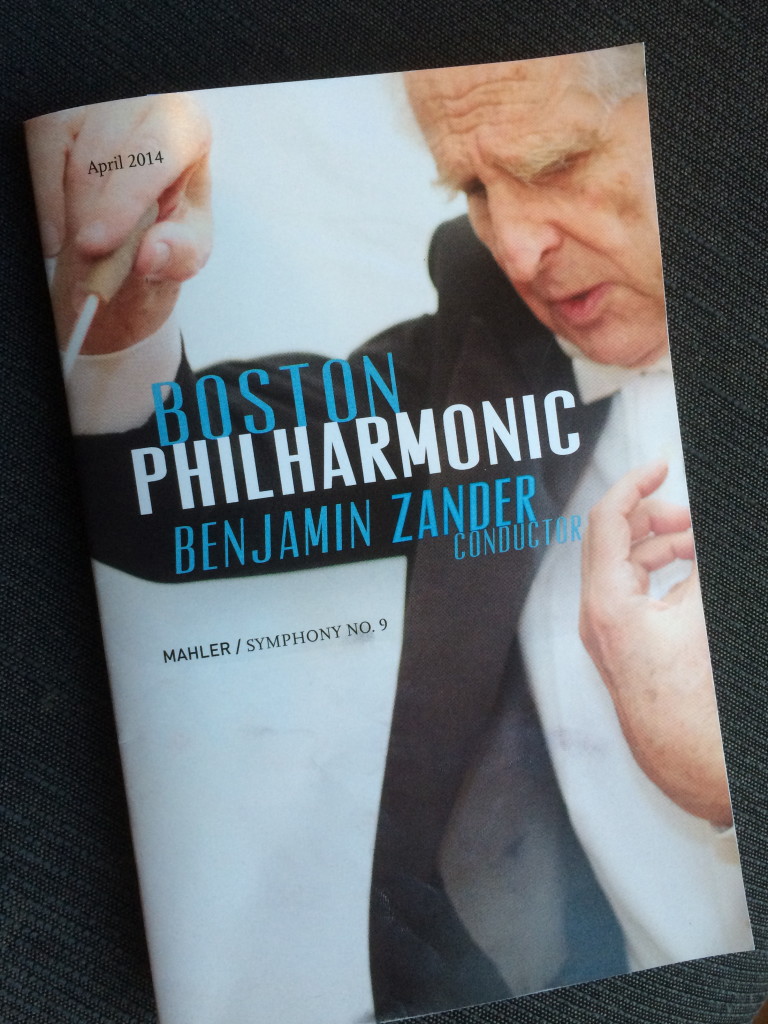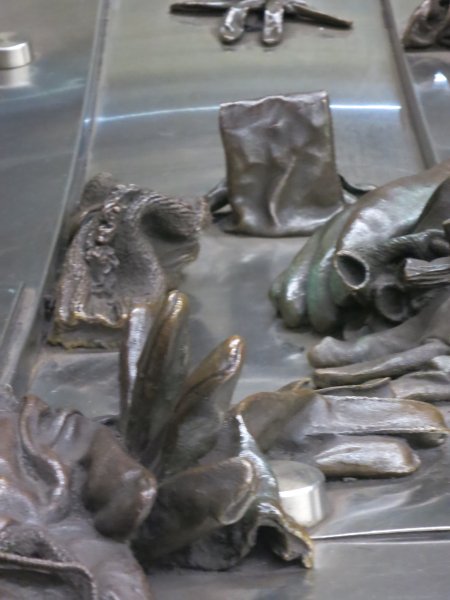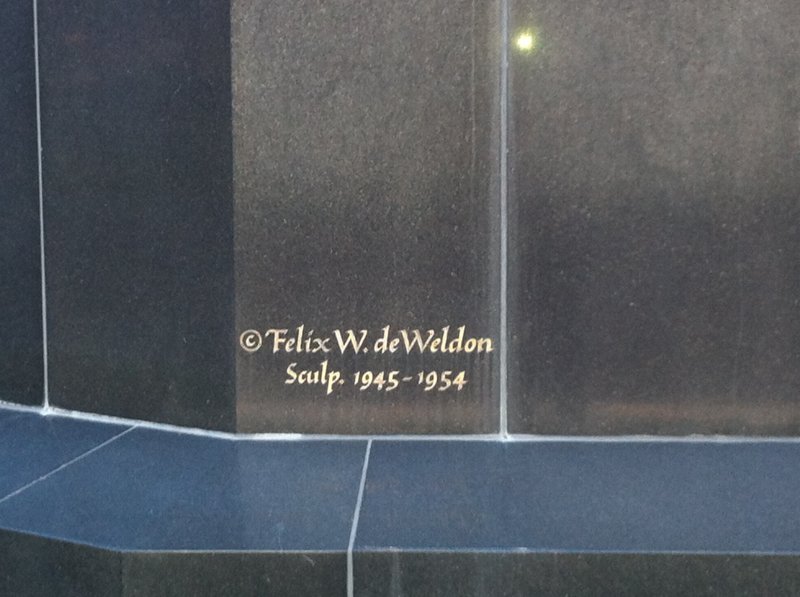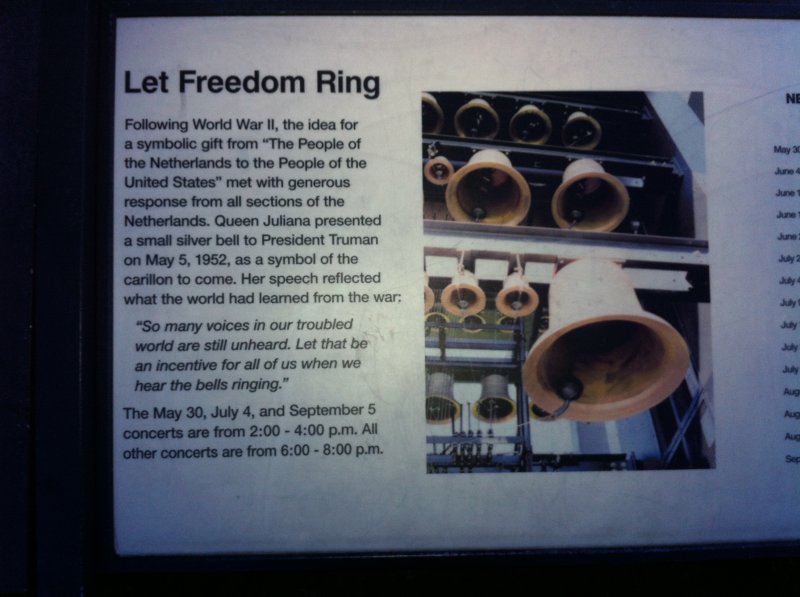My family used to teasingly call me Cinder-Ellen when I was little, but last weekend I got to feel like a real Cinderella princess. My husband and I got invited to participate in some of the festivities to celebrate the 35th anniversary of the Boston Philharmonic Orchestra and the 75th birthday of their charismatic leader, conductor Benjamin Zander. As the lucky guests of one of the members of a group of sponsors, we got to schmooze and dine with people who believe in the importance of supporting the arts, and the musicians got to show us why that support is so important. Dressed impeccably in black, performing flawlessly, they treated us to an astounding performance of Mahler’s 9th Symphony in the beautiful and acoustically remarkable Boston Symphony Hall. Having dabbled superficially in listening to classical music, I knew just enough about Mahler to be intimidated by his music, but luckily Mr. Zander offers a pre-concert lecture before every performance. My doubts were no match for his enthusiasm and charm, and his words made the symphony accessible to me. I knew what to listen for, when it would be angry, dissonant, melodious or crashing. This familiarity increased my enjoyment and engagement throughout the amazing performance.
The true magic, however, occurred the following day when we attended a rehearsal of the Boston Philharmonic Youth Orchestra. There, in a room in the Benjamin Franklin Institute, we saw about 125 young people between the ages of 12 and 21 going through what it takes to produce the kind of perfection we had witnessed the night before.
Holding their beautiful musical instruments with a lovely combination of ease and reverence, there was no doubt they knew the notes and when to play. The rehearsal was for them to learn, at the hands of the remarkable Maestro Zander, how to play those notes so the instruments expressed a story, became characters, spoke with personality, meaning and depth. I never knew there were so many ways to play the same notes. And I never knew there were so many life lessons taught in an orchestra rehearsal.
Here was a roomful of kids in t-shirts, jeans, Converse and Nikes, cutting up, catching each other’s eye and grinning. They were kids, no doubt about it. Who knows what teenage angst, crushes and insecurities were swimming through their heads? But then they would tuck the violin under their chin, put the flute to their lips, raise the bow, tip the harp back, and they were transformed. I watched Mr. Zander in wonder as he listened, picking out individual notes from the orchestral whole. “Where is the B flat?” he cried at one point, and everyone looked around them as if it had dropped under one of the chairs.
He is masterful in his ability to manage, inspire and teach these young people. He knew how to compliment with sincerity first: “You are playing beautifully,” he would say, and then he would correct, instruct and guide without apology or shame. As a result, the players played, adjusted, played again.
Respect and guidance: such an excellent basis for parenting, for leading.
The music was Don Quixote, and the 1st cello and 1st violin were the voice of Don Quixote himself. They had to play so that neither was drowned out. Dulcinea had a lovely voice that had to shine out from the rest, and Sancho Panza, played by the 1st viola had to have a completely different sound and cadence from both the others. “He speaks in proverbs all the time. He is IRRITATING. “ Mr. Zander kept insisting with his English accent and expressive body language. “You can be IRRITATING, can’t you?” Within a few minutes, the three personalities were noticeably different and identifiable from one another, but they co-existed on stage without overpowering each other. Not an easy feat, especially when each of the musicians is skilled and accomplished enough to be justified in wanting to dominate the performance.
Mr. Zander made sure the musicians knew the story: “He is DYING here. DYING.” The instruments mourned. He stopped everyone to discuss the procession coming closer from a long distance away and had them play as quietly as possible before building to a crescendo. Not only was plot addressed but scenery description leapt out of the orchestra. “Sheep! Can you hear them? I want to hear sheep in the winds section! Cellos, be dust over there. MORE DUST!” He tamped down the volume when the music was expressing dreaming, and we could feel the dreaminess languishing around us. Anger, despair, joy: emotions were offered up and shared with us through a tight control of each instrument by each musician.
These young people were learning the power of self-control, the importance of expressing strong individual voices while still listening to the others around them, reining in their power to lead others to a greater goal, and the immense satisfaction of being part of a larger whole. Their focus was laser-sharp; their passion was evident, yet controlled.
I felt like Cinderella, indeed, to be witness to such a magical event, but I was reminded that music is in fact for the public. The Boston Philharmonic Youth Orchestra will be performing Don Quixote and other pieces on May 18th. For as little as $15, or less if you are a student or a senior, you too can sit in the audience and be enveloped by the musical storytelling of this passionate orchestra.
And if you are looking for a worthwhile way to spend your charitable dollars, I can think of no greater cause than supporting the BPYO. The rehearsal I attended showed clearly how they are working towards their stated mission: “Shaping future leaders through music”
Visit these links to learn more about the BPO, the BPYO and Benjamin Zander.












Beautifully expressed! Your description drew me in like a suspenseful novel.
I have so little knowledge of classical music interpretation and today learned so much from your article about the BPYO concert. I am now hungry to learn and listen to more classical music. Thank you!
Ellen I enjoyed your post very much. Beautifully written and it brings me back to a Peter and the Wolf record I played and played, standing on the hearth and directing with my red baton that came with the record. Thank you for sharing this incredible experience as conductor helps his young musicians bring this symphony to life by richly telling the story through their instruments.
As you note, when we make music we make magic. Your post beautifully captures this alchemy.
I want to play in his orchestra! Thanks for sharing.
Such a beautiful description of the process of producing exquisite music. And so true about what the youth symphony kids learn in the process!
Great article Ellen. Thanks for sharing it. Mary
Well done, Ellen. Absolutely beautiful…….You transported me to the symphony hall……Thanks, M